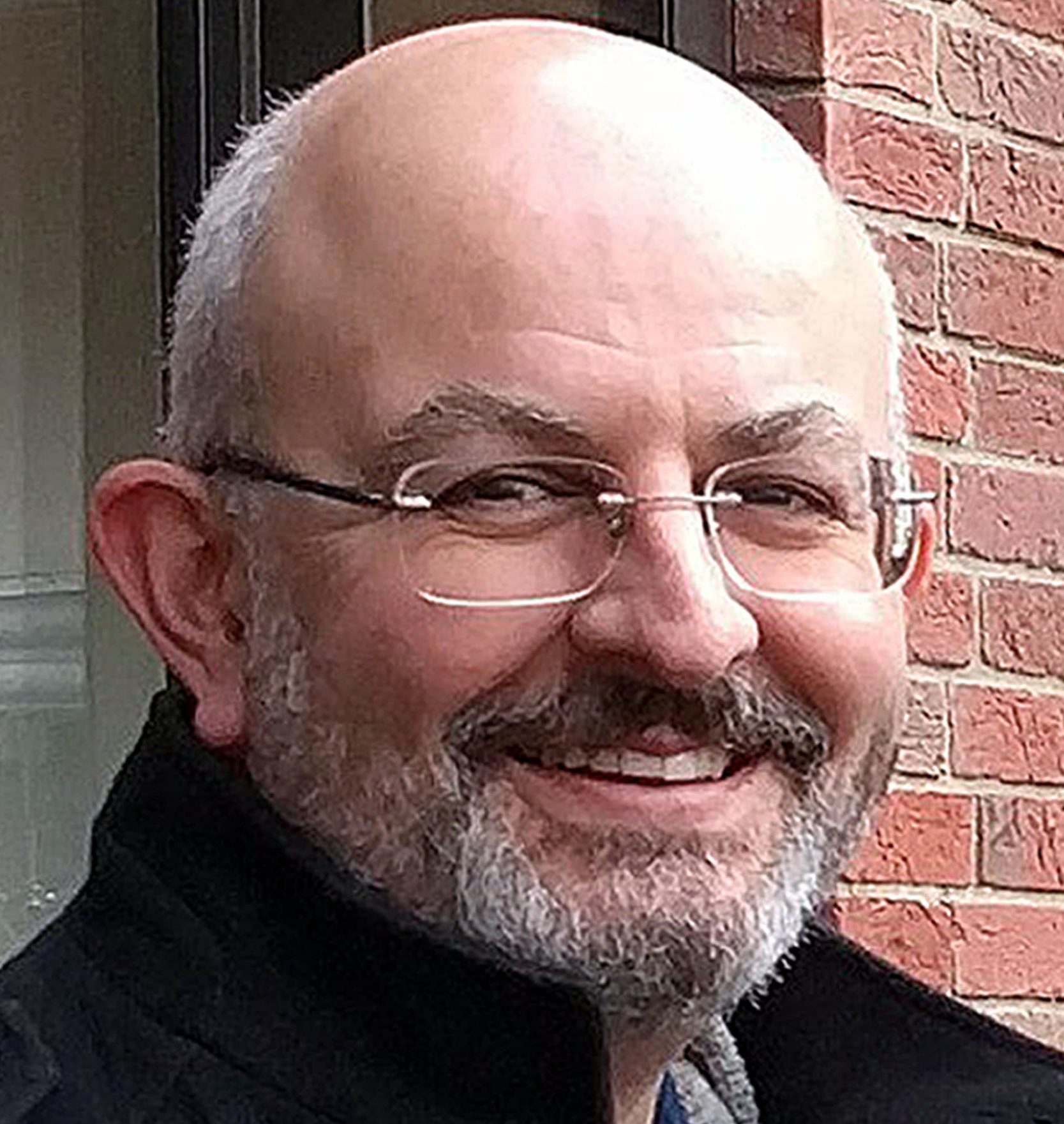
THE University of Cambridge has recruited a Lego Professor of Play following widespread interest in what was billed as a dream job role.
The successful applicant, Professor Paul Ramchandani, will lead a team examining the importance of play in education globally.
The Lego Foundation, which owns 25% of the Lego business, gave the university a £4 million grant to help found its centre for research on Play in Education, Development and Learning (Pedal) in 2015.
Its research aims to ensure that “children are equipped with 21st century skills like problem-solving, team work and self-control”.
The professor of play will be the head of the centre, and the grant will also help fund this post.
The average salary for a Cambridge University professor is £83,981, according to a Times Higher Education pay survey.
Prof Ramchandani currently leads the Child and Adolescent Mental Health Research Unit at Imperial College, London, and will take up his role at Pedal in January 2018.
He said: “Everyone has an opinion about what role play should have in early education and there is some wonderful research, but there are also big gaps in our knowledge.
“We need the best evidence possible in order to inform the vital decisions that are made about children’s education and development and I look forward to taking that work forward together with colleagues at Cambridge.”
Researchers at the centre, based at the university’s Faculty of Education, will work to devise and evaluate play-based teaching approaches.
They will also set up a long-term study looking at how children are encouraged to play at home and school and how this benefits them, and what brain processes are involved in play.
Part of Prof Ramchandani’s role will involve translating research into evidence for international and national bodies as they produce policy around children’s right to play.
Professor Geoff Hayward, head of the Faculty of Education at Cambridge University, said: “This is an exciting area of research which we feel will throw new light on the importance of play in early education.”

Enjoy the convenience of having The Sunday Post delivered as a digital ePaper straight to your smartphone, tablet or computer.
Subscribe for only £5.49 a month and enjoy all the benefits of the printed paper as a digital replica.
Subscribe